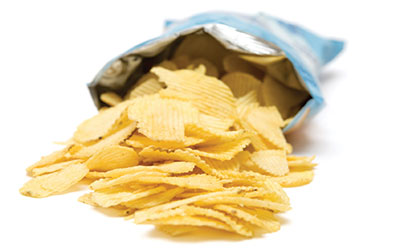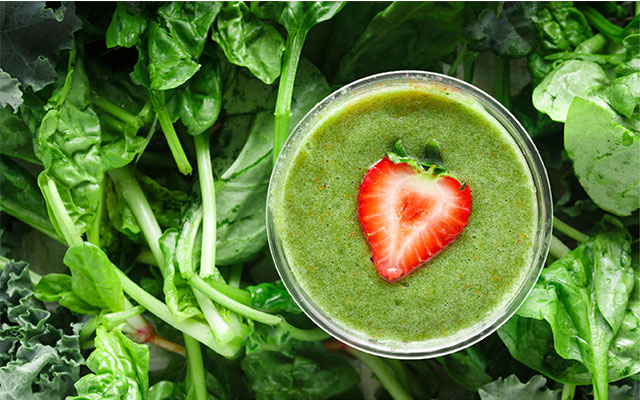A recent study at the University of North Carolina at Chapel Hill has shown that regular consumption of processed junk foods — implicated in all manner of health problems, from obesity to high cholesterol — is the biggest dietary driver of tissue inflammation.
The researchers, led by Liza Makowski, PhD, assistant professor of nutrition at UNC’s Gillings School of Global Public Health, studied how rats responded to four different menus: two typical low-fat diets, a lard-based high-fat diet, and a junk-food diet laden with processed foods like chips, sugary cereals, salami and cookies. The results were published in the online journal PLOS ONE (June 12, 2012).
“The rodents that ate the junk-food diet gained the most weight and displayed tissue inflammation,” says Makowski, who saw dysfunction in the rats’ metabolites — the chemicals created when food is converted to energy.
Makowski was particularly interested to find a specific metabolite in the junk-food eaters that could spur as much inflammation as toxins in certain bacteria. “This metabolite could be the signal that starts the snowball effect of inflammation leading to metabolic syndrome,” she says. This can result in obesity and high blood pressure, and is a precursor to type 2 diabetes, cardiovascular disease and cancer, and even depression.
Because junk food is convenient and cheap, it’s tempting to grab it on the go. Makowski’s advice: Have lots of healthy choices around, like nuts and seeds, and “keep junk food high in sugar, trans fats and salt — and low in vitamins and fiber — to an occasional treat.”
This article originally appeared as “How Junk Food Inflames Us.”




This Post Has 0 Comments